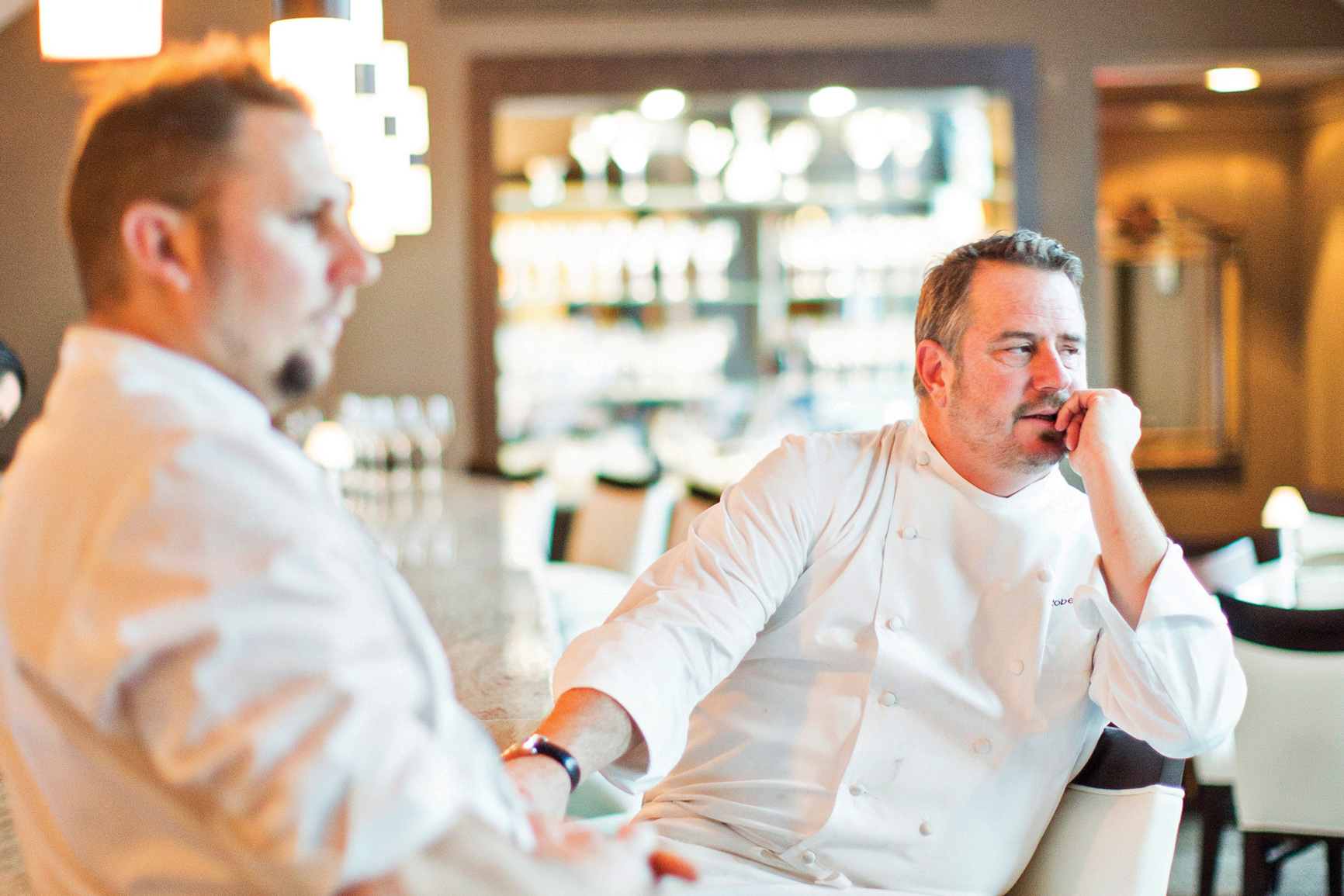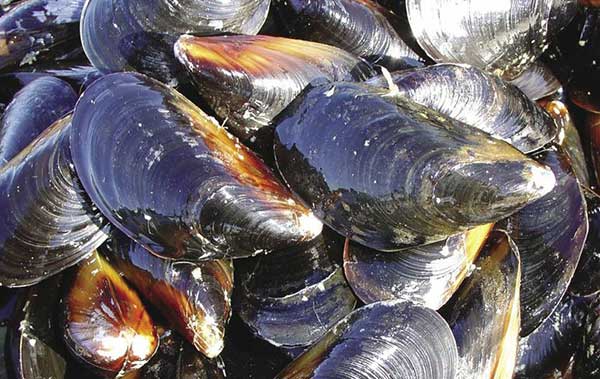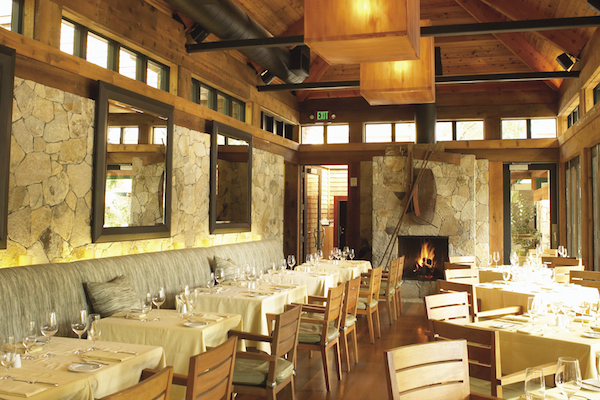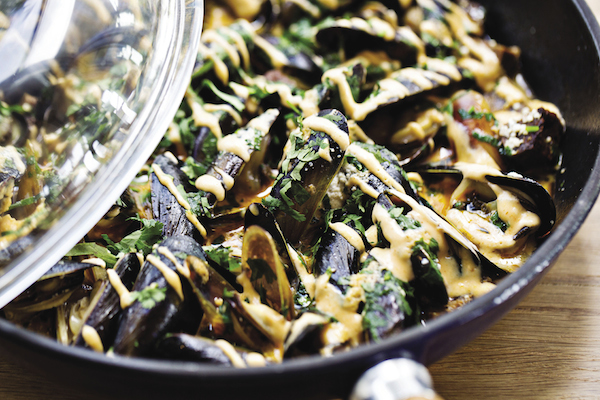Terry Ennis, president and CEO of Atlantic Aqua Farms, has spent his whole life in the commercial seafood industry, the last six in mussel farming. His father was a commercial fisherman, so perhaps saltwater runs through his veins.
He and his family fell in love with Prince Edward Island, where they now live. What’s not to love? Sweeping vistas of sky meets water, “singing” white beaches, and stretches of striking red soil. And judging by how well they thrive in the surrounding bays, it just might be the most perfect place on earth for a mussel to grow up in.
Atlantic Aqua Farms’ founders were mussel-farming pioneers on PEI back in the late ’80s, and today the company is the number-one grower and processor of rope-grown mussels in North America. From an ecological perspective, Atlantic Aqua Farms annually subjects itself to a third-party food safety audit. “Our farming methods are all ranked in the green category by NGOs,” says Ennis. In addition, they were the first mussel farm in the world to receive a Best Aquaculture Practices (BAP) certification last year.
Ennis has a deep respect for the sea that trickles down to each mussel. “Mussel farming is about as green and natural as you can get. There are no hatcheries to deal with, no feed to distribute, and no antibiotics to administer.” With farms geographically dispersed in various bays around PEI, they are careful not to farm intensely. “Our lines are generously spaced. We closely monitor stocking densities, growth rates, and meat yields.” A GPS computer network can pinpoint every line’s location and track where specific seed came from and how often certain mussels were washed. State-of-the-art machinery minimizes stress to the shellfish and ensures quality. But infrastructure and equipment is just half of the story.
“It is about what our people do every day in their standard operating practices. We have a live wet holding facility at our plant so that we can very quickly get the mussels back into chilled saltwater after they are washed. In the holding tanks, they relax and start to filter the cold saltwater again, immediately generating new byssal threads, which is a sure sign of good fish health,” explains Ennis. “At every step of the process, our experienced team members give careful attention to the details: gentle handling, strict temperature controls, and lots of icy slushes in which to pack the mussels.”
Within two to three days of being harvested, customized packs of Mytilus edilus (blue mussels) or PEI mussels arrive at the door of RW Restaurant Group locations sometimes as often as four times a week. And while they might be fresh, don’t expect them to all taste exactly the same. “Just like oysters, all mussels are different,” emphasizes Ennis, who points to location as a main factor for different flavor profiles. “We see a wide variation in taste, meat fill, and texture in our very own farm network, according to how each bay and each lease within a bay performs in terms of growth rates and seasonal ups and downs. Not all mussels are created equal; it’s a fact we try to educate everyone about.” And while they might not be equal, Atlantic Aqua Farm mussels are certainly equal to none!




